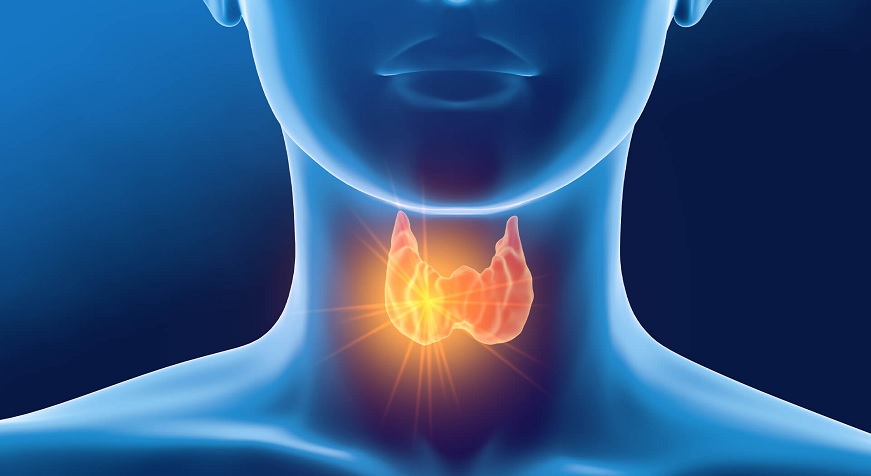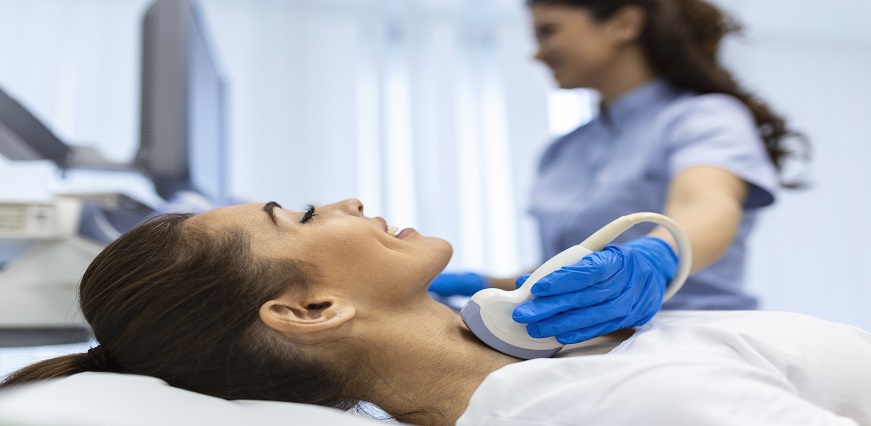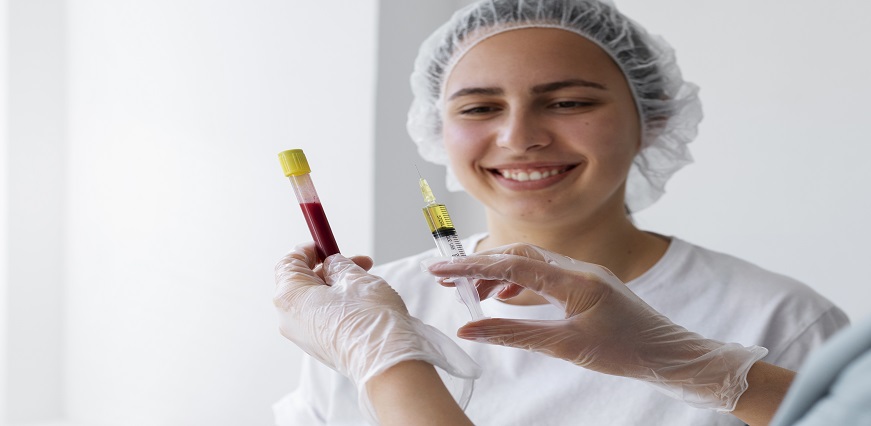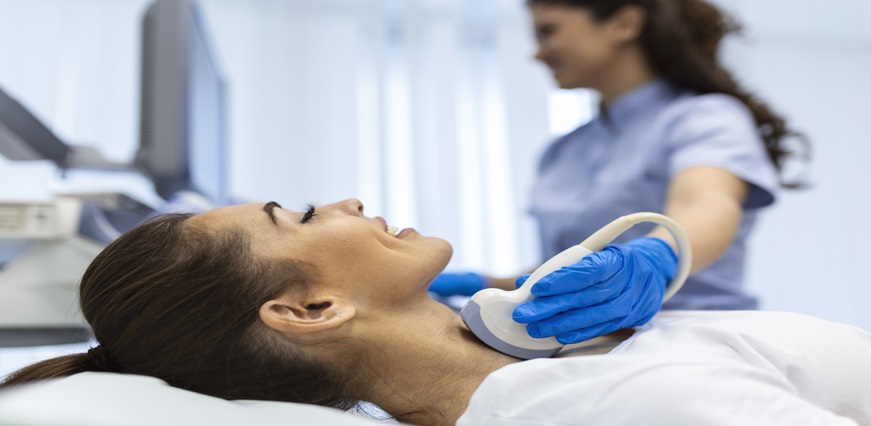

Max Lab > Lab Test in Ambala > Lab Test in Kurali > MRD-ALL Panel
₹ 12500
10% OFF for Senior Citizens | USE CODE SS10 *
@3x.png) Description
Description
Minimal residual disease is defined as the small number of cancer cells that remain in the body after cancer treatment. Measurable or minimal residual disease (MRD) testing is used to observe whether the cancer treatment is working fine or not. It also helps to plan further treatment plans. MRD test in Kurali, Ambalaing is mainly used in blood cancers, such as leukaemia, lymphoma, and myeloma. MRD test in Kurali, Ambala for acute leukaemia is the strongest independent prognostic predictor. Also, for the treatment of adult and paediatric acute lymphocytic leukaemia (ALL), MRD test in Kurali, Ambalaing is a part of routine test in Kurali, Ambalaing. Additionally, in relapsed settings of multiple myeloma, MRD test in Kurali, Ambalaing is a predictor of survival outcomes. The standard procedure of the MRD test in Kurali, Ambala is to assess the number of myeloma cells in a bone marrow sample using techniques like genetic sequence analysis, next-generation sequencing and flow cytometry: next-generation flow.
MRD test in Kurali, Ambala is done to find any remaining cancer cells that may be left in small numbers. MRD lab test in Kurali, Ambalas use sensitive methods which can find even a single cancer cell in 1 million healthy cells. MRD blood test in Kurali, Ambalas include methods such as polymerase chain reaction (PCR), multiparametric flow cytometry, and next-generation sequencing (NGS). Such test in Kurali, Ambalas are used after initial treatments for blood cancers like multiple myeloma. It helps to observe how well a person’s body is responding to treatment, if the person is in full remission, and to check if remission is stable or not or if there is any recurrence.
MRD test in Kurali, Ambala results can affect a person’s treatment by helping in making treatment decisions and improving patient outcomes as it helps in:
@3x.png) Description
Description
Minimal residual disease is defined as the small number of cancer cells that remain in the body after cancer treatment. Measurable or minimal residual disease (MRD) testing is used to observe whether the cancer treatment is working fine or not. It also helps to plan further treatment plans. MRD test in Kurali, Ambalaing is mainly used in blood cancers, such as leukaemia, lymphoma, and myeloma. MRD test in Kurali, Ambala for acute leukaemia is the strongest independent prognostic predictor. Also, for the treatment of adult and paediatric acute lymphocytic leukaemia (ALL), MRD test in Kurali, Ambalaing is a part of routine test in Kurali, Ambalaing. Additionally, in relapsed settings of multiple myeloma, MRD test in Kurali, Ambalaing is a predictor of survival outcomes. The standard procedure of the MRD test in Kurali, Ambala is to assess the number of myeloma cells in a bone marrow sample using techniques like genetic sequence analysis, next-generation sequencing and flow cytometry: next-generation flow.
MRD test in Kurali, Ambala is done to find any remaining cancer cells that may be left in small numbers. MRD lab test in Kurali, Ambalas use sensitive methods which can find even a single cancer cell in 1 million healthy cells. MRD blood test in Kurali, Ambalas include methods such as polymerase chain reaction (PCR), multiparametric flow cytometry, and next-generation sequencing (NGS). Such test in Kurali, Ambalas are used after initial treatments for blood cancers like multiple myeloma. It helps to observe how well a person’s body is responding to treatment, if the person is in full remission, and to check if remission is stable or not or if there is any recurrence.
MRD test in Kurali, Ambala results can affect a person’s treatment by helping in making treatment decisions and improving patient outcomes as it helps in:

A butterfly-shaped gland called the thyroid is situated at the front of your ...Read More

Medical practitioners prescribe thyroid function tests to people who have sud...Read More

Hypothyroidism can be caused by a number of factors, and some of these are ea...Read More

Are you feeling tired, sluggish or experiencing unexplained weight gain? You ...Read More

In this comprehensive guide on thyroid disease in kids, we'll explore eve...Read More

The thyroid is a butterfly-shaped gland located in the neck and is wrapped ar...Read More

Thyroid nodules are growths that form in the thyroid gland located in the fro...Read More

The thyroid is a small, butterfly-shaped gland located near the throat which ...Read More

The thyroid gland is a butterfly-shaped organ that is located at the base of ...Read More